Cancer is one of the most concerning health issues that can affect dogs, and early detection can make a significant difference in their treatment options. While a cancer diagnosis is difficult for any pet owner, knowing the warning signs can help you act quickly and seek veterinary care. Being able to recognize common dog cancer symptoms allows you to stay proactive about your pet’s health. If you notice unusual changes in your dog’s behavior or appearance, contacting your veterinarian is essential. If you suspect your pet may be showing signs of cancer, Veazie Veterinary Clinic in Bangor, ME, is here to help. Call (207) 941-8840 to schedule an appointment today.
Common Dog Cancer Symptoms to Watch For
Dogs can develop different types of cancer, each with its own set of symptoms. Some cancers cause visible tumors, while others affect internal organs and may not be as obvious.
Unexplained Lumps or Swelling
One of the most noticeable signs of cancer in dogs is the appearance of lumps or swollen areas on the body. While not all growths are cancerous, any new or changing mass should be examined by your veterinarian. Some cancerous tumors grow rapidly and may feel firm, irregular, or ulcerated. If your dog shows discomfort when the lump is touched, it may be a cause for concern.
Changes in Appetite or Weight Loss
A sudden loss of appetite or unexplained weight loss can indicate various health problems, including cancer. Some cancers affect the digestive system, making it difficult for a dog to eat or absorb nutrients properly. Even if your pet appears to be eating normally but continues losing weight, it is important to seek veterinary attention.
Persistent Lethargy or Weakness
Dogs are naturally energetic, so a noticeable decline in energy levels may signal an underlying issue. If your dog is sleeping more than usual, avoiding activities they once enjoyed, or struggling to get up, cancer could be affecting their overall health. Weakness and fatigue may be linked to anemia, which can result from certain cancers affecting blood cell production.
Difficulty Breathing or Persistent Coughing
Respiratory symptoms, such as labored breathing or chronic coughing, may point to lung cancer or tumors affecting the chest cavity. If your dog frequently coughs, experiences wheezing, or struggles to catch their breath, a veterinary evaluation is recommended. These symptoms may also be associated with heart or lung diseases, making early diagnosis crucial.
Changes in Bathroom Habits
Urinary and bowel changes are common signs of internal cancers. Straining to urinate, frequent urination, blood in the urine or stool, and diarrhea or constipation can all be indicators of cancer in the bladder, intestines, or digestive system. If these symptoms persist or worsen, your veterinarian can determine the cause and recommend the appropriate course of action.
Persistent Wounds or Sores
Open wounds or sores that do not heal properly may indicate skin cancer or an underlying immune system issue. Cancer can prevent the body from repairing tissue effectively, leading to infections or continuous irritation. Any lesion that fails to heal within a reasonable time frame should be evaluated by a veterinary professional.
Unusual Odors from the Mouth or Body
Strong, persistent odors from a dog’s mouth, ears, or skin can be a sign of an advanced infection or cancer. Oral cancers often produce foul-smelling breath, while skin tumors may cause an unusual odor due to bacterial infections or necrotic tissue. If your dog’s breath or body scent changes suddenly, a veterinary examination is recommended.
Types of Cancer That Affect Dogs
Not all cancers present the same symptoms, and some are more aggressive than others. Understanding common cancer types in dogs can help pet owners recognize early warning signs and seek timely care.
Mast Cell Tumors
Mast cell tumors are one of the most common forms of skin cancer in dogs. These tumors often appear as raised lumps on the skin, which may change in size or color over time. Some dogs experience itching, redness, or ulceration around the tumor. A biopsy can determine whether the growth is cancerous and whether surgical removal is necessary.
Lymphoma
Lymphoma affects the lymphatic system, which plays a role in immune function. Swollen lymph nodes, particularly in the neck, chest, or groin, are often the first visible sign of this cancer. Other symptoms include lethargy, weight loss, and increased thirst. Chemotherapy is a common treatment option for lymphoma in dogs.
Osteosarcoma
Osteosarcoma is a type of bone cancer that typically affects large and giant breeds. It often causes limping, swelling, and pain in the affected limb. Since this cancer is highly aggressive and can spread quickly, early detection and treatment are critical.
Hemangiosarcoma
Hemangiosarcoma is a cancer of the blood vessels that frequently affects the spleen, liver, and heart. It often remains undetected until it ruptures, causing sudden internal bleeding. Symptoms may include weakness, pale gums, and collapse. This aggressive cancer requires urgent veterinary care.
What to Do If You Notice Dog Cancer Symptoms
If your dog is showing signs of cancer, the next step is scheduling an examination with your veterinarian. A proper diagnosis involves a physical exam, imaging tests such as X-rays or ultrasounds, and possibly a biopsy to determine the nature of the condition. At Veazie Veterinary Clinic, our team is experienced in diagnosing and managing dog cancer symptoms. Early detection can open the door to more treatment options, including surgery, chemotherapy, and radiation therapy. If you have concerns about your dog’s health, call (207) 941-8840 to schedule an appointment.





